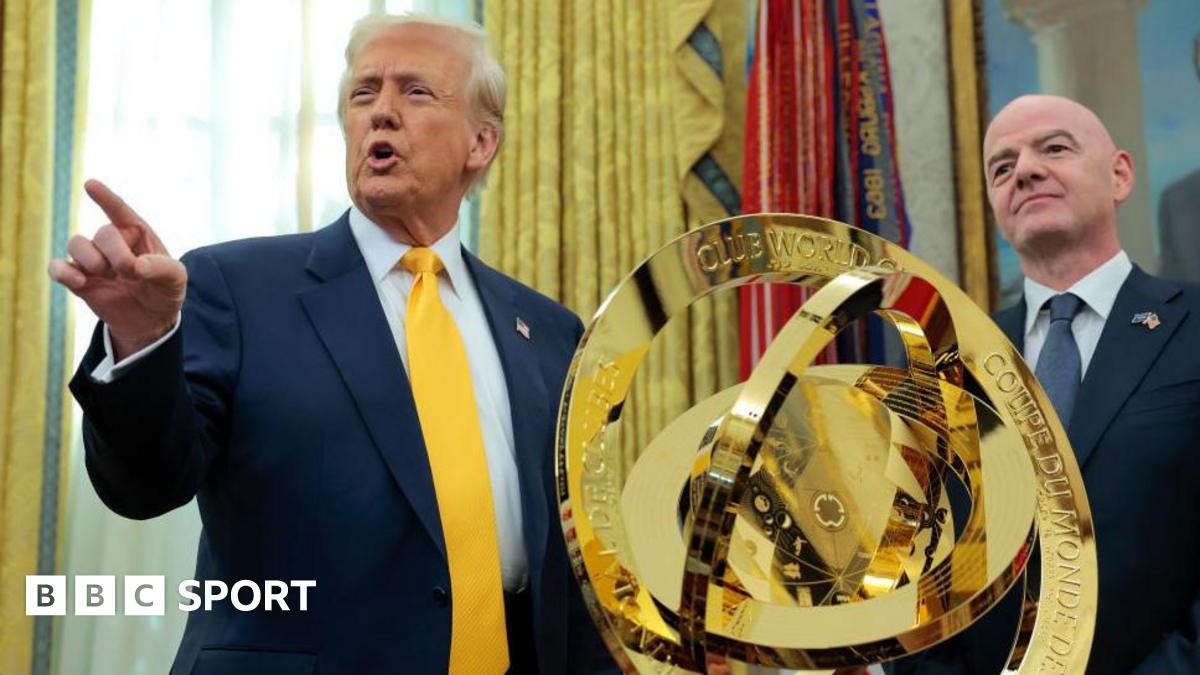The NCAA has hit the University of Michigan with one of the largest financial penalties in college football history for running an illegal in-person scouting and sign-stealing scheme – ordering the school to forfeit more than $20m in postseason revenue – but stopped short of banning the Wolverines from competing in the playoffs, according to an ESPN report.
The financial hit is based on the loss of postseason football payouts over two seasons, a figure projected by multiple sources to exceed $20m and potentially surpass $25m based on historical Big Ten and College Football Playoff distributions. The NCAA also levied an additional one-game suspension on head coach Sherrone Moore, extending the two-game ban the school had already proposed for the 2025 season.
The controversy dates back to early in the 2023 season, when reports emerged that Michigan’s football program was running a covert sign-stealing operation. In American college football, teams often use hand signals to communicate plays from the sideline, and while deciphering those signals is not against NCAA rules, there are strict prohibitions on certain methods. Schools are barred from sending representatives to scout future opponents in person and from using electronic equipment to record another team’s signals.
At the center of the allegations was Connor Stalions, a low-level staffer with a military background who, according to the NCAA, orchestrated a wide-ranging in-person scouting scheme. Investigators concluded that Stalions had personnel attend games of future Michigan opponents to capture their signals, giving the Wolverines an illegal competitive advantage. He was suspended and resigned in October 2023; he has since claimed he could identify almost every signal used by Michigan’s opponents in multiple games over two seasons.
The scandal engulfed the program during a championship-caliber campaign, eventually leading to multiple suspensions. Former head coach Jim Harbaugh, who guided Michigan to the 2023 national title before leaving for the NFL’s Los Angeles Chargers, served a three-game ban under a settlement with the Big Ten. Moore, then Harbaugh’s top assistant, faced allegations tied to his communications with Stalions before investigators recovered the messages.
Stalions received an eight-year show-cause order, effectively barring him from employment in college athletics during that span. Harbaugh was hit with a 10-year show-cause, his second such penalty in as many years.
Michigan and its staff were charged with six Level 1 violations, the NCAA’s most severe classification. In its findings, the COI concluded that Stalions coordinated the illegal in-person scouting of at least 13 future opponents on 58 occasions between 2021 and 2023.
Moore’s suspension stems from deleting a string of 52 text messages with Stalions, later recovered by investigators. The NCAA said the messages did not prove Moore knew the full scope of the scheme, but his previous recruiting violation in 2023 weighed against him. Under NCAA rule changes implemented in 2024, Moore’s suspension will cover both games and all practice activities during the affected weeks.
The ruling reflects a broader shift in NCAA enforcement toward heavy financial sanctions in place of postseason bans, a trend seen in the 2023 Tennessee case that resulted in an $8m fine for multiple Level 1 infractions.
Michigan open the 2025 season at home against New Mexico. Moore will serve his self-imposed suspension following the 6 September matchup at Oklahoma, missing games against Central Michigan and at Nebraska. Whether he appeals the NCAA’s additional one-game penalty remains uncertain.
The decision closes a major chapter in a saga that tarnished a national title run, turned a little-known staffer into a household name, and may stand as one of the NCAA’s last marquee enforcement actions before power shifts to the new College Sports Commission.

 3 months ago
160
3 months ago
160








 English (US) ·
English (US) ·